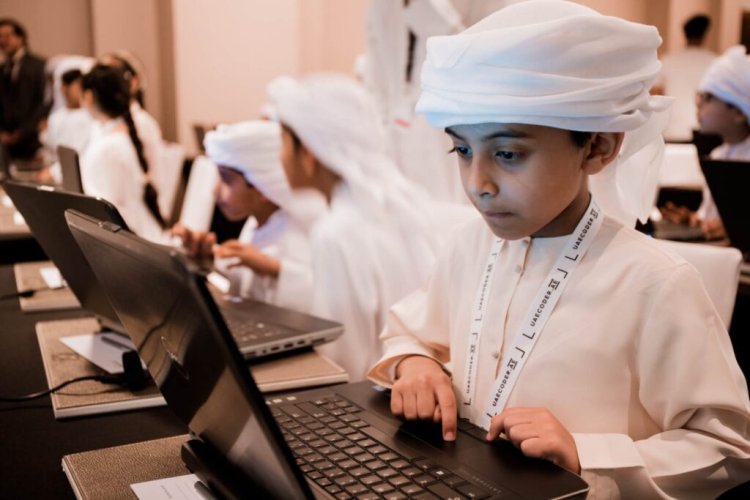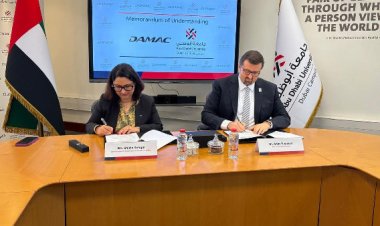UAE Schools Enforce Stricter iPad and Device Rules as New Academic Year Begins

As the new academic year begins, schools across the UAE are clamping down on the misuse of digital devices with stricter policies and immediate consequences for violations. With over one million students returning to classrooms since August 25, administrators are stressing the importance of responsible tech use, especially in a rapidly evolving digital world.
At GEMS Wellington International School, Principal and CEO Andrew Jenkins emphasized that technology plays a vital role in learning, but misuse will not be tolerated. “We are very specific about which devices students should bring iPads in primary, laptops in secondary and they are only used under teacher supervision,” he said. The school has adopted a zero-tolerance approach, where device privileges are immediately withdrawn if students are found misusing them.
To ensure that digital learning tools are used appropriately, the school enforces a “no-device policy” during breaks and lunchtime, promoting social interaction during non-learning periods. Jenkins also highlighted the need for close cooperation with parents, including workshops and guest speaker sessions, to raise awareness about online risks and ensure families align with the school’s expectations at home.
Other institutions are also tightening control. In a recent circular, Dubai International Academy Emirates Hills (DIAEH) introduced new guidelines banning smartwatches and smartphones in Primary School, disallowing iPads during pick-up time, and restricting iMessaging on school premises. “There was life before instant messaging,” the circular reminded parents, underscoring the school's effort to reset digital boundaries
At Woodlem Education, students follow a unique “traffic signal” cyber policy that categorizes offences into three levels:
-
Green: A warning and parent notification.
-
Orange: Suspension from extracurricular activities and reflection time in a "Thinking Room".
-
Red: Device confiscation and school suspension, pending statutory approval.
Meanwhile, Shining Star International School in Abu Dhabi enforces a strict BYOD (Bring Your Own Device) policy. Principal Abhilasha Singh explained that parental acknowledgement is required before any student brings a device to school. "Misuse means the device is confiscated and returned only at the end of term,” she said, noting common infractions like gaming or chatting during class. “Children must understand that the internet is a privilege, not a right,” she added, with plans underway to strengthen school firewalls.
Despite the crackdown, school leaders reiterated their commitment to integrating technology meaningfully in the classroom balancing its benefits with the responsibility to protect students from distractions and digital risks. With enhanced policies, digital literacy education, and parental collaboration, UAE schools aim to cultivate a generation of students who are not only tech-savvy but also digitally responsible.























